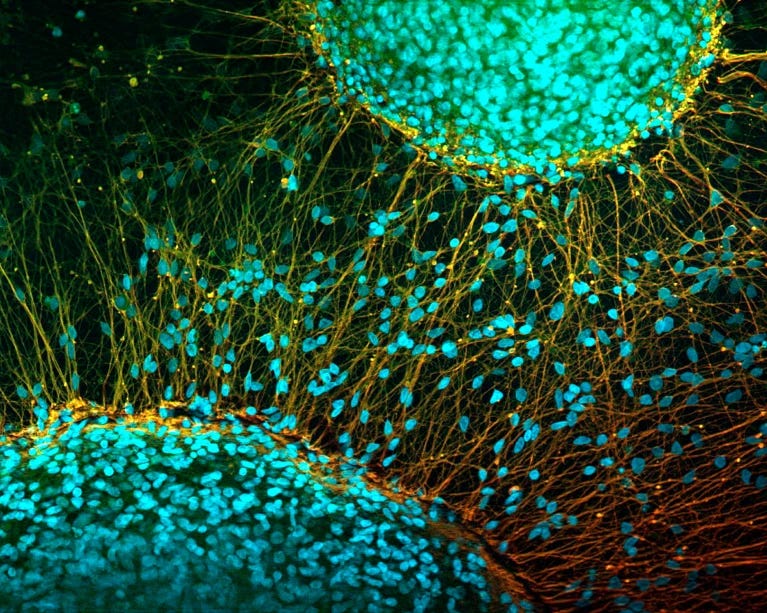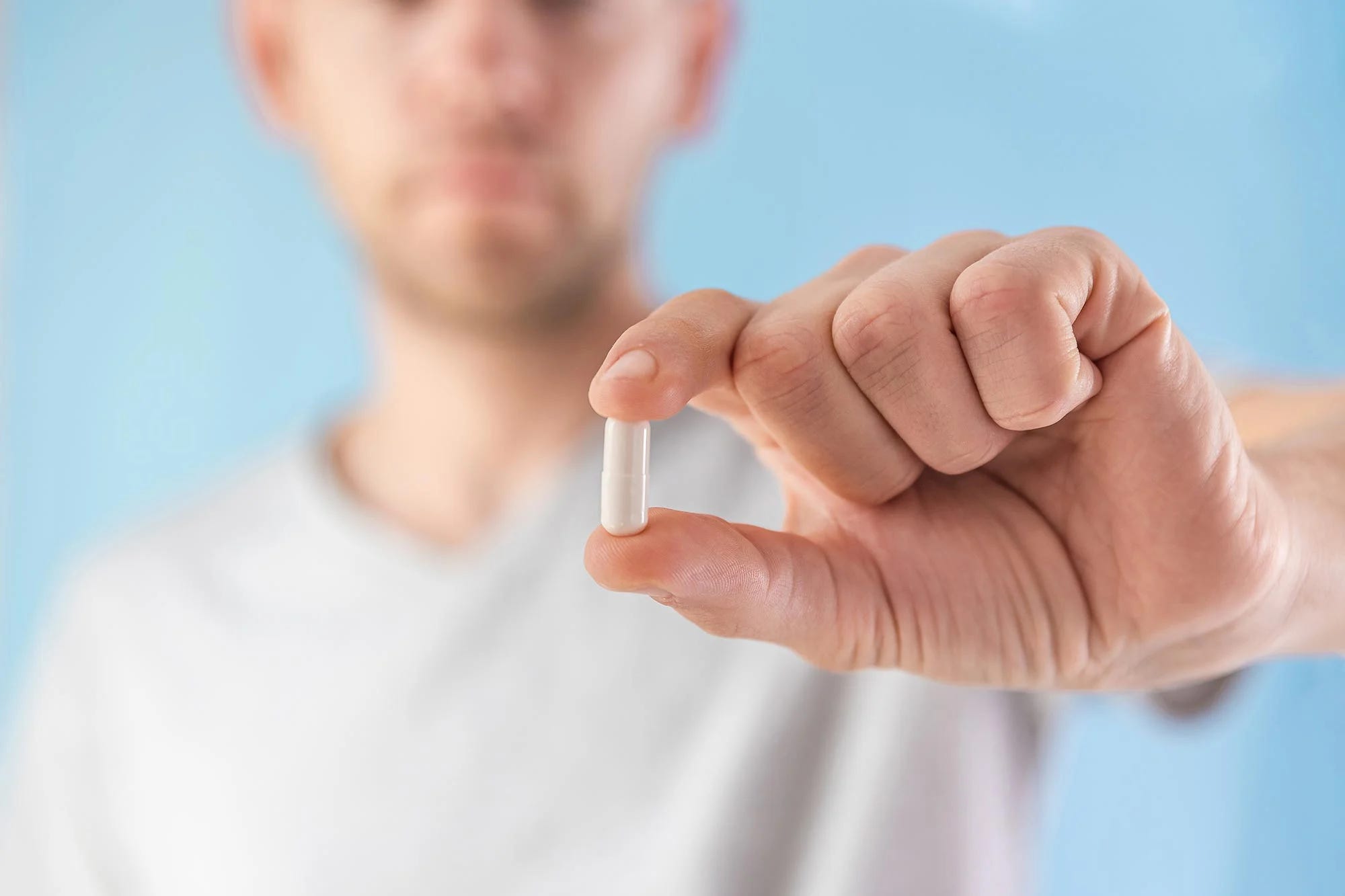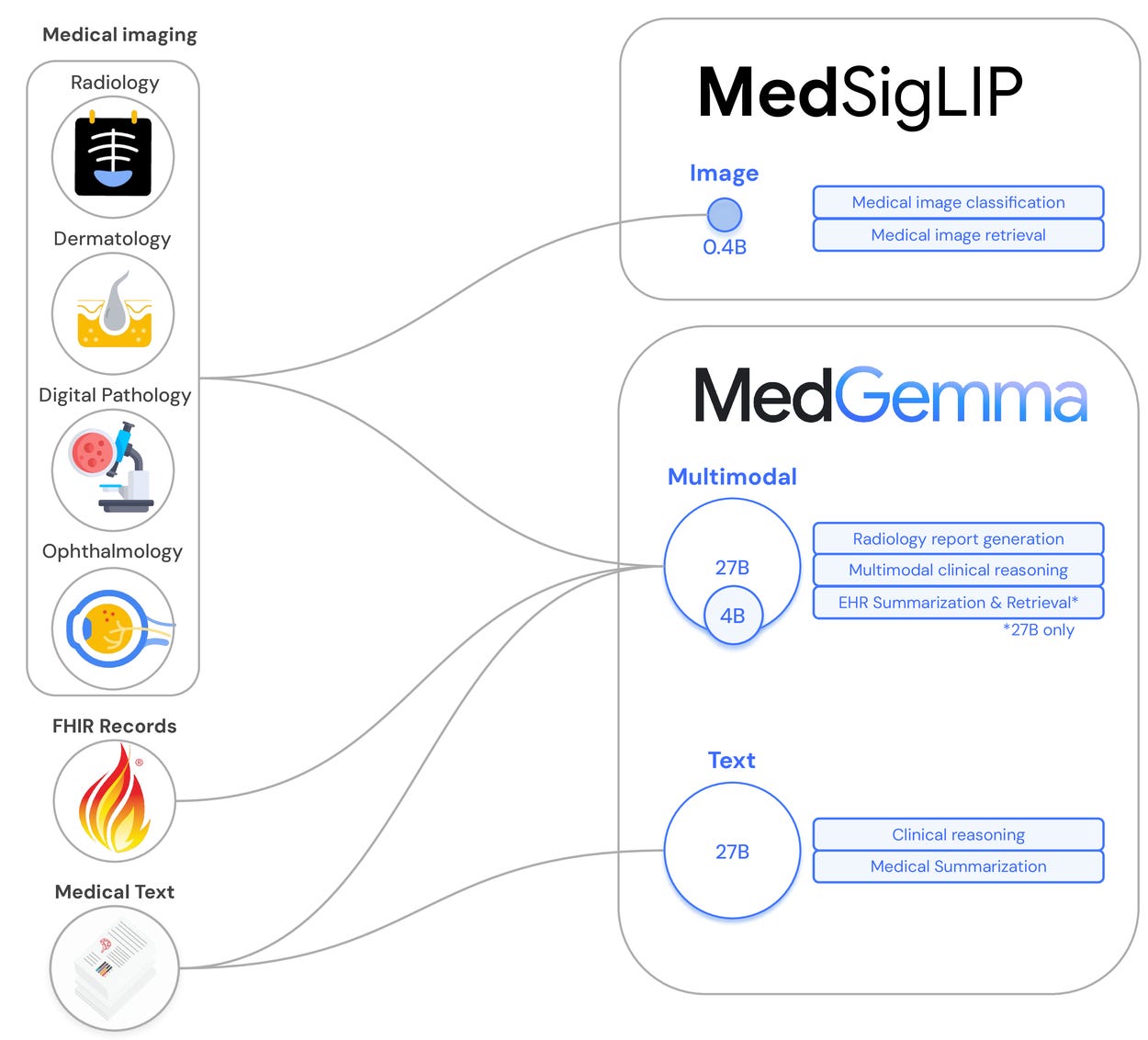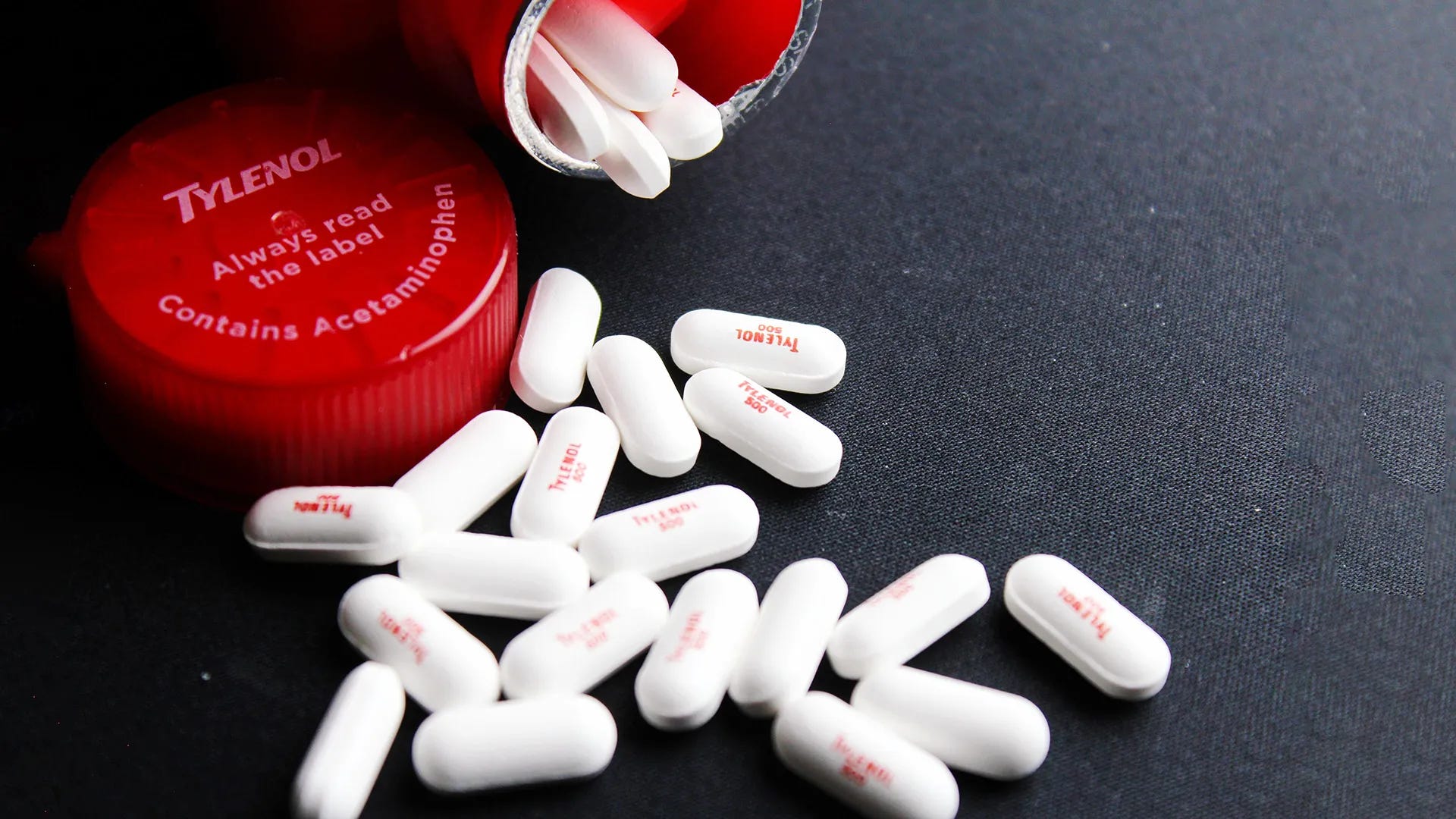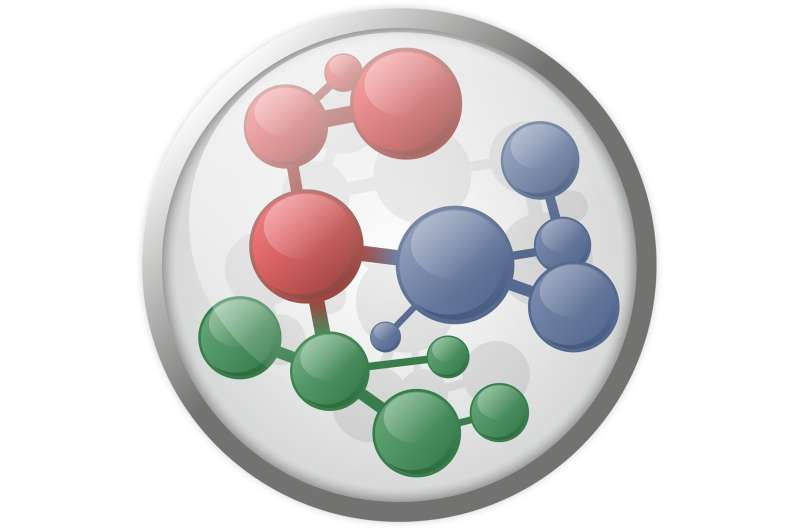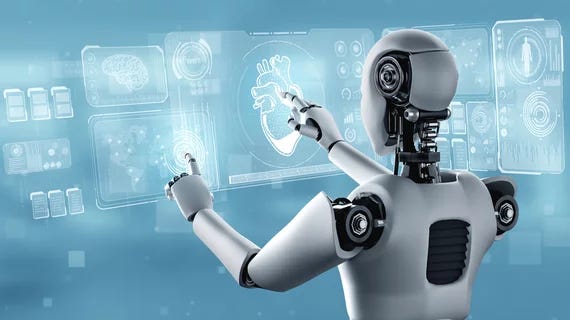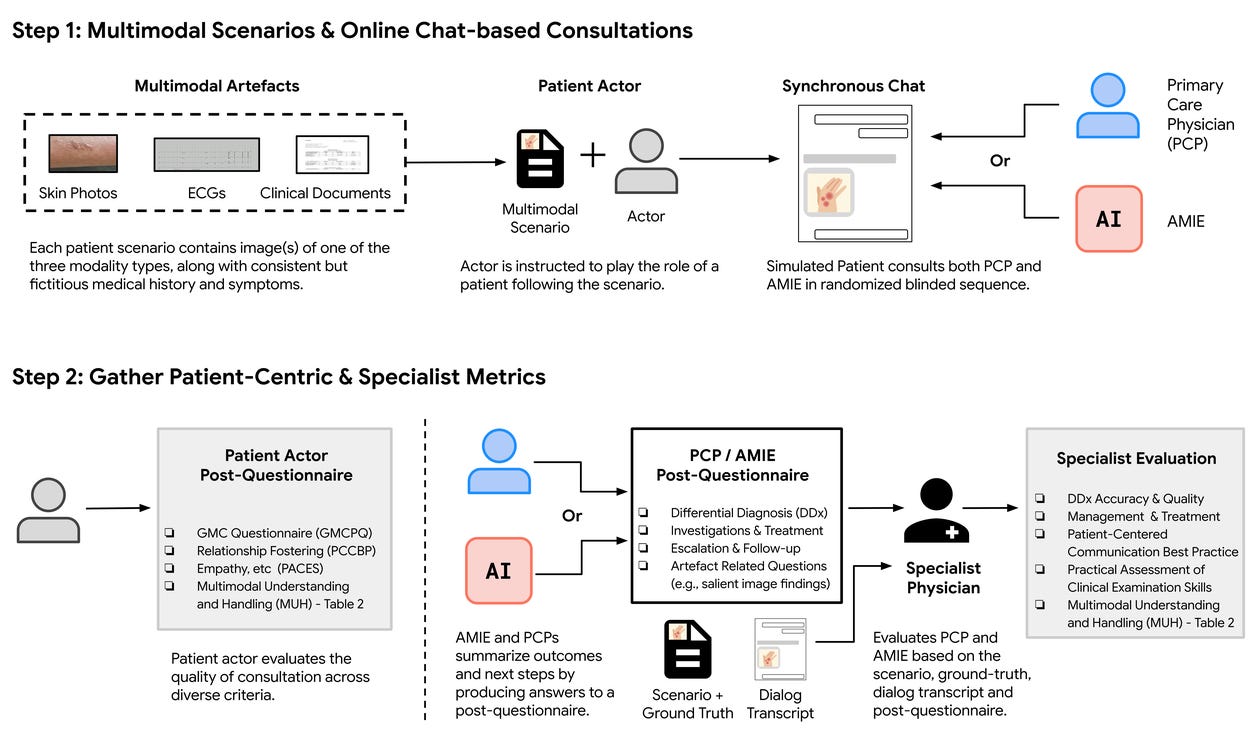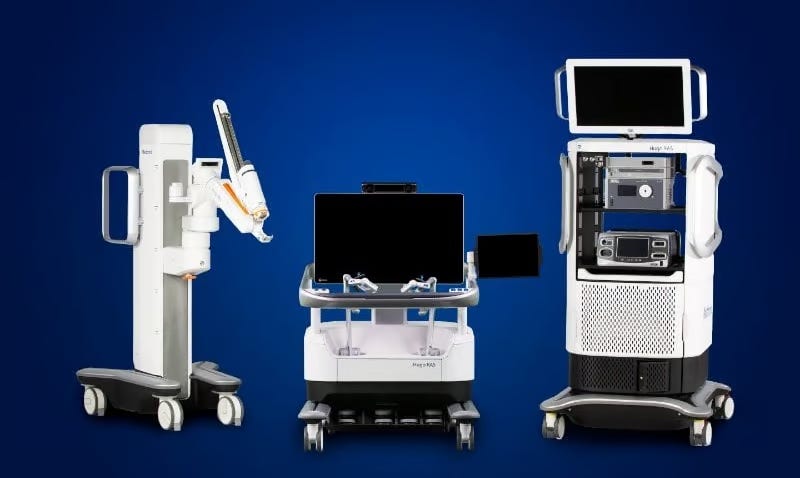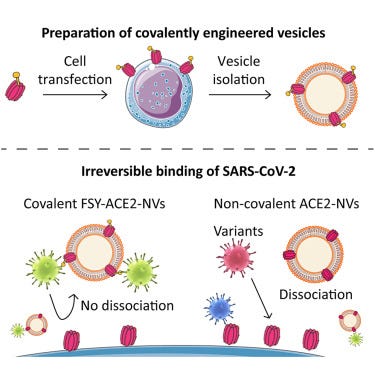🦠 Stem Cells | 🧠 Brain Savers | 💉 Cancer Crusaders | 🤖 AI Allies | 🌱 Cannabis
Description
Source 1: "Breakthrough stroke drug heals the brain to restore movement" (New Atlas, March 19, 2025)
Main Theme: A promising new drug, DDL-920, developed at UCLA, has shown in mice models the potential to restore movement control after a stroke by healing the brain's signaling pathways, potentially eliminating the need for extensive physical therapy.
Key Ideas/Facts:
First Drug for Rehabilitation: Researchers believe DDL-920 is the first drug that can comprehensively deliver rehabilitation after a stroke, unlike current approaches that rely solely on physical therapy.
Quote: "There's newfound hope for stroke patients in recovery, with what researchers believe is the very first drug that can comprehensively deliver rehabilitation without the need for challenging long-term physical therapy."
DDL-920 Efficacy in Mice: The drug led to the complete recovery of movement control in mice models.
Quote: "Further research revealed that one of these drugs, DDL-920 – developed at UCLA, led to the complete recovery of movement control – something many stroke patients never regain."
Targeting Disconnected Neurons: The drug works by reconnecting communication in an area of the brain distant from the main stroke site where neurons become isolated.
Quote: "This area was distant from the brain's central stroke site, meaning disconnected neurons were isolated and unable to rebuild that link on their own."
Restoring Gamma Oscillations and Parvalbumin Neuron Function: Stroke disrupts communication with parvalbumin neuron cells and the associated gamma brain rhythm. DDL-920 restored these oscillations, leading to neuronal reconnection.
Quote: "The drug, tested on mice, restored these gamma oscillations, and in turn reconnected neurons to essentially heal the brain damage without arduous physical rehabilitation."
Moving Rehabilitation to Molecular Medicine: The research aims to shift stroke rehabilitation from a purely physical approach to one involving molecular medicine.
Quote: "“Rehabilitation is a physical medicine approach that has been around for decades; we need to move rehabilitation into an era of molecular medicine.”" - Dr S. Thomas Carmichael
Potential Impact: If successful in human trials, this drug could be "game-changing" for millions of stroke patients who currently have limited medical interventions besides physical therapy.
Next Steps: DDL-920 requires extensive human trials for safety and efficacy.
Publication: The study was published in the journal Nature Communications.
Source 2: "Cannabis Users Under 50 Are 6 Times More Likely to Have a Heart Attack" (Healthline, March 20, 2025)
Main Theme: Two new studies indicate a significantly higher risk of heart attack and other cardiovascular events in cannabis users, particularly those under 50.
Key Ideas/Facts:
Retrospective Study Findings: Cannabis users under 50 were found to be six times as likely to have a heart attack compared to non-users. They also had a four times higher risk of ischemic stroke, two times higher risk of heart failure, and three times higher risk of cardiovascular death, heart attack, or stroke.
Quote: "A retrospective study found that cannabis users were six times as likely to have a heart attack compared to non-users."
Meta-Analysis Findings: A meta-analysis of 12 previous studies showed that cannabis users had a 50% increased risk of a heart attack compared to non-users.
Quote: "A meta-analysis of 12 previous studies showed that cannabis users had a 50% higher risk of a heart attack than non-users."
Largest Pooled Study: The meta-analysis, including over 93,000 cannabis users and 4.5 million non-users, is the largest of its kind.
Call for Clinical Assessment: Study authors suggest that clinicians should include questions about cannabis use in their assessment of patients' cardiovascular risk, similar to inquiries about smoking.
Quote: "Asking about cannabis use should be part of clinicians’ workup to understand patients’ overall cardiovascular risk, similar to asking about smoking cigarettes,” - Dr. Ibrahim Kamel
Uncertainty Regarding Inhalation vs. Ingestion: Both studies lacked sufficient data to determine if the risk differs between inhaled and ingested cannabis products.
Quote: "Both studies lacked sufficient information to determine whether the risk was different for inhaled cannabis versus ingested products."
Possible Mechanisms: Researchers suggest cannabis may affect heart rhythm, increase the heart muscle's oxygen needs, and contribute to arterial dysfunction.
Need for More Research: Experts emphasize the need for further research to understand the long-term health risks of cannabis use, including determining safe usage levels.
Quote: "But 'we don’t know for sure if that’s also true with cannabis, because those studies haven’t been done,'” - Dr. Andrew Meltzer, regarding inhalation risks.
Potential Confounding Factors: The studies acknowledge that other drug use could contribute to adverse cardiovascular effects.
Source 3: "Covid Vaccines Have Paved the Way for Cancer Vaccines | WIRED" (WIRED, March 13, 2025)
Main Theme: The success of mRNA COVID-19 vaccines has significantly accelerated the field of mRNA cancer vaccine research and development, leading to numerous ongoing trials and the potential for the first approved personalized mRNA cancer vaccine within a few years.
Key Ideas/Facts:
COVID Vaccine Success as a Catalyst: The rapid development and proven efficacy of mRNA technology in COVID vaccines demonstrated the feasibility and potential of this approach for other diseases, including cancer.
Quote: "With the pandemic, however, we proved that mRNA vaccines were possible." - Lennard Lee
Personalized Cancer Vaccines: Current trials focus on creating bespoke vaccines tailored to an individual patient's specific cancer by analyzing their tumor tissue.
Quote: "In the current trials, we do a biopsy of the patient, sequence the tissue, send it to the pharmaceutical company, and they design a personalized vaccine that’s bespoke to that patient’s cancer."
Mechanism of mRNA Cancer Vaccines: These vaccines work by instructing the body to produce harmless pieces of cancer-related proteins, training the immune system to recognize and attack cancer cells.
Quote: "mRNA cancer vaccines work by giving the body instructions to make a harmless piece of a cancer-related protein. This trains the immune system to recognize and attack cancer cells carrying that protein."
UK's Role in Fast-Tracking Trials: The UK established the Cancer Vaccine Launch Pad and leveraged its existing infrastructure and genomic capabilities to rapidly initiate and enroll patients in cancer vaccine trials.
Quote: "During the pandemic, we had proven we could open and deliver clinical trials fast. Also, the UK had established a genomic global lead with Genomics England and the 100,000 Genome Project."
Accelerated Clinical Trial Timelines: The pandemic demonstrated that clinical trials can be conducted much faster by modernizing processes and running steps in parallel.
Quote: "We showed the world that it could be done in a year if you modernize your process, run parts of the process in parallel, and use digital tools."
Late-Stage Trials and Expected Approval: Several mRNA cancer vaccines are in late-stage clinical trials internationally, with the UK running 15 trials. Results from a skin cancer trial are expected by the end of 2025 or early 2026, potentially leading to the first approved personalized mRNA vaccine.
Quote: "We’re hoping to have results by the end of the year or beginning of 2026. If it’s successful, we will have invented the first approved personalized mRNA vaccine, within only five years of the first licensed mRNA vaccine for Covid."
Source 4: "Google shares 4 updates on generative AI in healthcare" (Google The Keyword, March 19, 2024)
Main Theme: Google is making significant progress in applying generative artificial intelligence to various aspects of healthcare, from diagnostic assistance and radiology workflows to personalized health coaching.
Key Ideas/Facts:
Advancements in Health AI Models: Google has introduced and refined large language models (LLMs) like Med-PaLM 2 and MedLM, fine-tuned for healthcare applications.
Multimodal Models: The focus is on developing models that can understand various types of medical data, including text, images (e.g., radiology), lab results, and genomics data.
Quote: "Medicine is a multimodal discipline; it’s made up of different types of information stored across formats — like radiology images, lab results, genomics data, environmental context and more."
MedLM for Chest X-ray: This new model has the potential to assist in classifying chest X-rays for various diagnostic use cases.
Quote: "We just introduced MedLM for Chest X-ray, which has the potential to help transform radiology workflows by helping with the classification of chest X-rays for a variety of use cases."
Fine-Tuning Gemini for Medical Domain:</st

